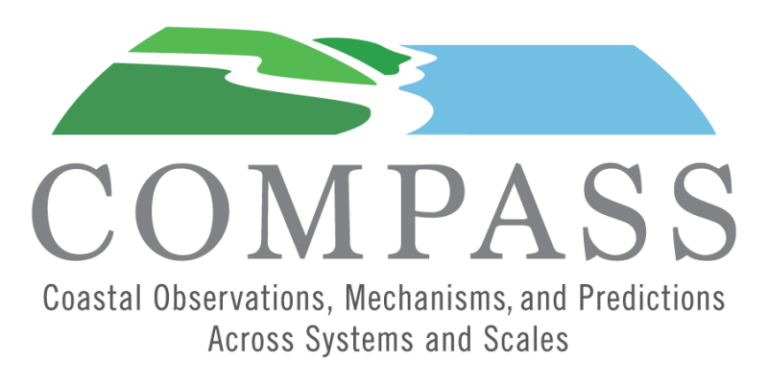COMPASS Project Focuses on the Great Lakes Modeling
Coastal regions today are facing a wide array of challenges, ranging from extreme weather events, ecosystem transitions, shoreline change, and other stressors with implications for people, infrastructure, and economies, including energy and water supplies, transportation, land and resource development, and community health. A new research program, sponsored by DOE’s Earth and Environmental System Modeling (EESM) program, is designed to enhance the predictive understanding of coastal systems, including their response to short- and long-term changes.
The Coastal Observations, Mechanisms, and Predictions Across Systems and Scales (COMPASS) project, which kicked off in early 2020, is a $20 million, two-year multi-institutional initiative comprised of two distinct yet coordinated pilot studies: the Great Lakes Modeling (GLM) pilot study and the Field Measurement and Experiments (FME) pilot study. COMPASS-GLM is managed by the EESM program, while COMPASS-FME is managed by Environmental System Science (ESS) program.
To read more about that work see the article on EESM website: EESM’s COMPASS Project Focuses on Coastal Systems



